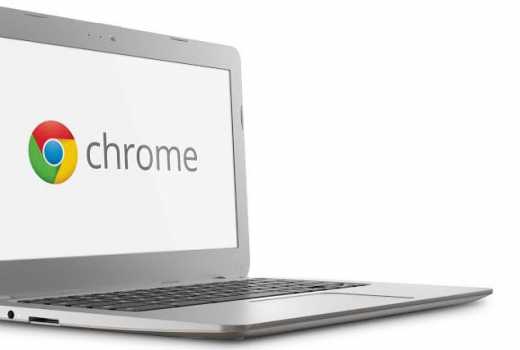×
The Standard e-Paper
Join Thousands Daily

January tends to be a month of pondering - it’s symbolic of new beginnings. It’s when we look at how our businesses did the previous year, and how we can improve them going forward.
These sentiments tend to trickle into the tech side of things. For many entrepreneurs, January seems like the right time to ‘tech out’ – it’s when you visit tech or app stores to pick up the latest in productivity tech.